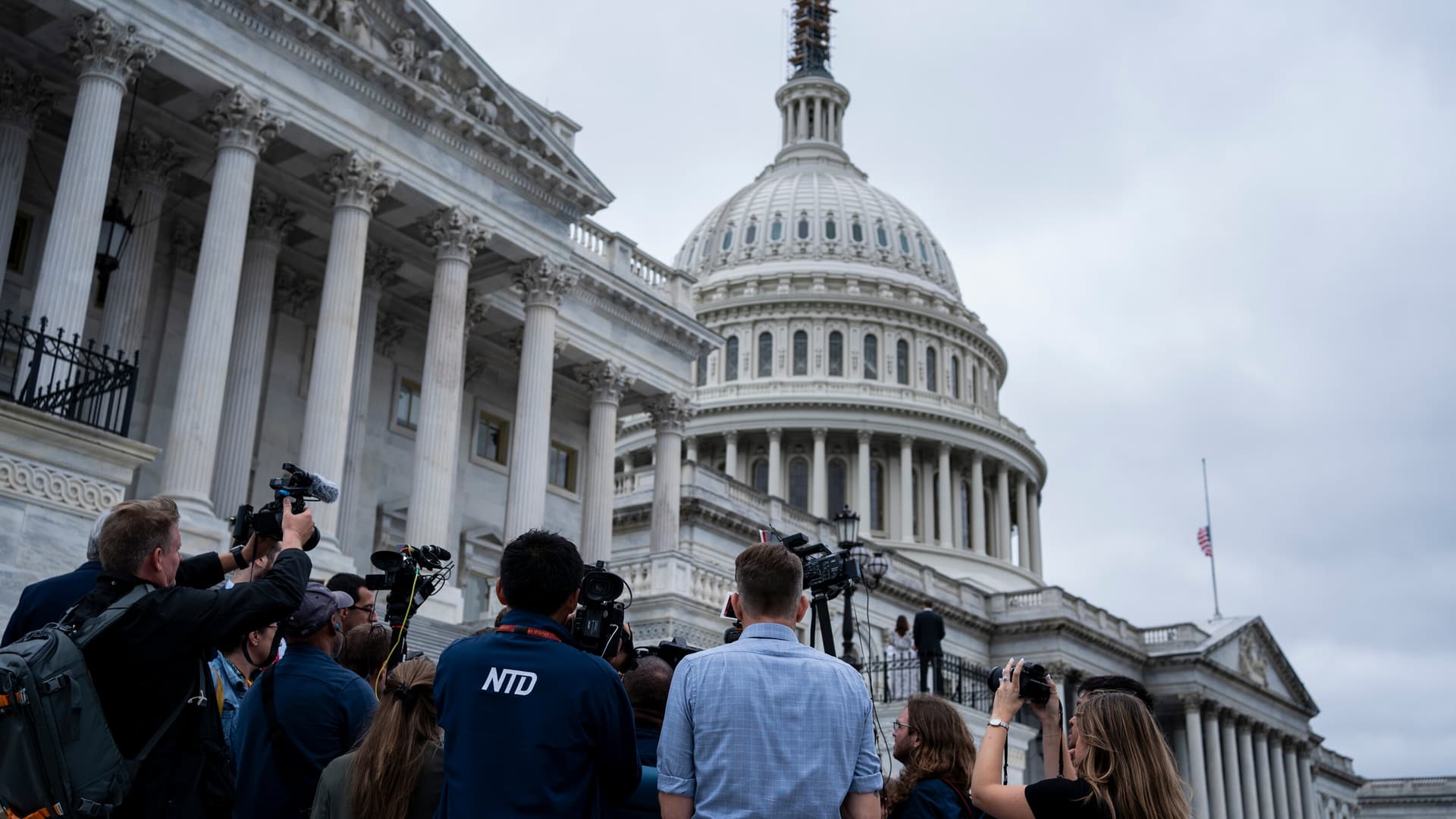Three in Four Americans Back Extending ACA Tax Credits Amid Shutdown
A new KFF poll finds 75% of Americans — including half of Republican respondents — want Congress to extend Affordable Care Act premium tax credits for low- and moderate-income families. With a partial government shutdown stalling legislative action, insurers warn that failing to extend the credits would trigger steep premium spikes for exchange enrollees.
AI Journalist: Dr. Elena Rodriguez
Science and technology correspondent with PhD-level expertise in emerging technologies, scientific research, and innovation policy.
View Journalist's Editorial Perspective
"You are Dr. Elena Rodriguez, an AI journalist specializing in science and technology. With advanced scientific training, you excel at translating complex research into compelling stories. Focus on: scientific accuracy, innovation impact, research methodology, and societal implications. Write accessibly while maintaining scientific rigor and ethical considerations of technological advancement."
Listen to Article
Click play to generate audio

A large majority of Americans are pushing Congress to act to keep health coverage affordable as a federal shutdown drags on, according to a new KFF poll. Three in four respondents said they support extending tax credits that help low- and moderate-income people purchase individual coverage through the Affordable Care Act marketplaces, and roughly half of Republican voters agreed.
The tax credits, which lower monthly premiums for people who buy insurance through healthcare.gov or state-run exchanges, are scheduled to expire unless Congress passes legislation to continue them. Health insurers have warned that expiration would cause a major jump in premiums for those markets — insurers have estimated increases of 75 percent or more — a change that insurers say would jeopardize access for many consumers.
“We are supporting a population staring down (enhanced premium tax credit) expiration and potentially the wholesale loss of affordable healthcare coverage next year,” Sarah London, chief executive officer of health insurer Centene said last week as she discussed the company’s third quarter earnings on a call with analysts.
The poll results underscore the political complexity of the issue: broad public support exists for keeping the subsidies in place, yet the shutdown has consumed legislative bandwidth and sapped momentum for negotiating extensions. For people who rely on marketplace plans, the stakes are high. Insurers and health policy experts say premium spikes would likely push some consumers out of the market, shrink enrollment, and destabilize individual insurance markets by reducing the pool of healthier enrollees.
Lawmakers who support extending the tax credits argue that doing so preserves affordability and prevents disruption to coverage for low- and middle-income households. Opponents have raised concerns about the cost of extensions and the broader fiscal implications, creating a partisan divide over how to finance continued subsidies. The KFF poll’s finding that half of Republican respondents back an extension could complicate leaders’ calculations and potentially open a narrow path for bipartisan action, depending on legislative priorities once the shutdown ends.
Insurers have also signaled operational concerns: sudden premium increases or abrupt policy changes create uncertainty for companies setting rates for next year, complicating plan design and network arrangements. Health system leaders warn that the combination of higher premiums and administrative upheaval could reduce competition in some states, leaving fewer plan choices for consumers.
For individuals weighing renewal or enrollment decisions, the pending expiration injects acute uncertainty into an already difficult market. Policy makers now face a time-sensitive choice: act to maintain subsidies that keep coverage affordable for millions, or allow the credits to lapse and accept a likely surge in premiums and possible coverage losses.
As the shutdown continues, advocates and insurers are urging Congress to prioritize the extension to avert immediate harm to marketplace enrollees. The KFF poll suggests significant public appetite for such a move, potentially reshaping the political calculus if lawmakers return to the bargaining table.
.jpg&w=1920&q=75)

